Blood pressure is the force of blood pushing against the walls of your arteries. It helps move blood around your body to give oxygen and nutrients to your organs.
There are two types of readings:
High blood pressure, known as hypertension, means the blood pushes too hard, which can damage arteries.
Low blood pressure, known as hypotension, means the blood is not pushing hard enough, which can starve organs of oxygen.
People frequently wonder, what is the name of the blood pressure measuring device?
It’s called a sphygmomanometer, and there are two main types:
Regular monitoring using the correct device helps detect any changes early and supports better management of your health.
Keeping blood pressure normal is important to avoid serious health problems like stroke, kidney failure, or heart attack. The information above is for general awareness only. Blood pressure levels and causes vary for each person. Always consult your doctor for proper diagnosis and management.
Managing blood pressure is important because both high and low pressure can harm your body if left untreated. Keeping your pressure within a healthy range helps your heart, brain, and kidneys work properly.
Uncontrolled high blood pressure can lead to heart attacks, strokes, or kidney damage. Very low blood pressure can cause dizziness, fainting, or even shock.
Many people confuse blood pressure symptoms with tiredness or stress. But signs of high or low blood pressure can feel very different. Here’s how to tell them apart.
Doctors recommend treatment in the following situations:
Can a heart attack happen due to low pressure?
Yes, very low blood pressure can reduce blood flow to the heart. If not treated quickly, it may lead to a heart attack or organ failure. Always seek medical help if you experience dizziness, fainting, or chest pain.
Bangla Health Connect helps Bangladeshi patients connect with heart specialists worldwide and get clear guidance based on their blood pressure readings.
There are many safe and easy ways to manage blood pressure at home, especially in the early stages. Below are some home remedies for lowering blood pressure that have been found helpful by both patients and doctors:
These home remedies to suddenly reduce high blood pressure are useful for short-term support, but are not substitutes for prescribed treatment. Always consult your doctor before making dietary or supplement changes.
When blood pressure rises suddenly, fast action can help you feel better and avoid serious health risks. Here are some helpful methods to reduce high blood pressure at home:
These are temporary techniques to manage a sudden spike. If your readings remain high or symptoms continue, it’s important to seek proper medical attention. Always consult a qualified professional.
.png)
Through Bangla Health Connect, Bangladeshi patients can access leading hospitals across India, Thailand, and other countries that are recognised for their advanced blood pressure and heart care. Many families travel abroad because of the proven expertise and reliable success rates available through these hospitals.
Here’s why Bangladeshi patients choose blood pressure treatment with Bangla Health Connect:
Bangla Health Connect offers Bangladeshi patients a trusted pathway to expert doctors, modern diagnostics, and dependable international care for managing blood pressure.
Bangla Health Connect connects patients with top hospitals worldwide. These centres are recognised for their expertise in managing high and low blood pressure, the use of advanced cardiac diagnostics, and dedicated support for international patients.
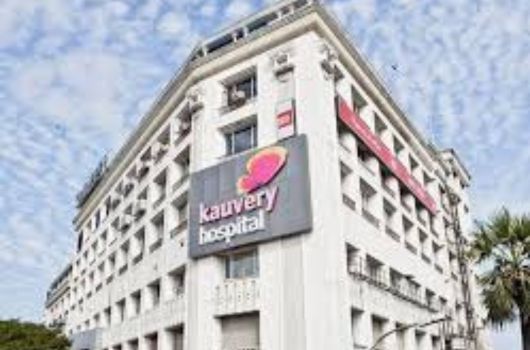

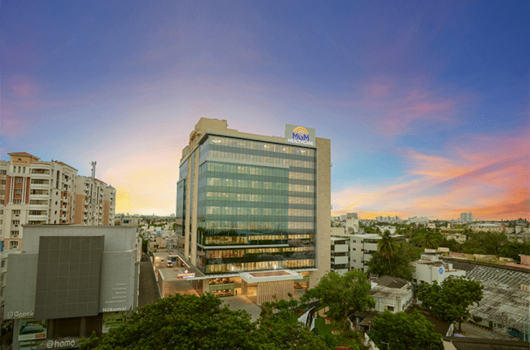


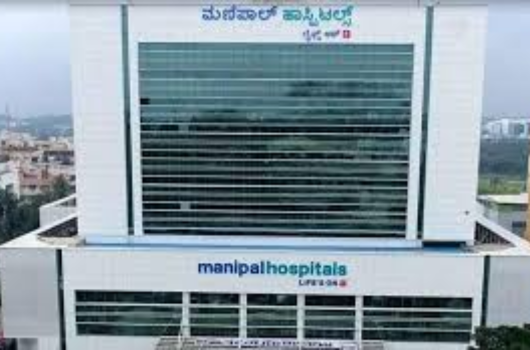

.png)
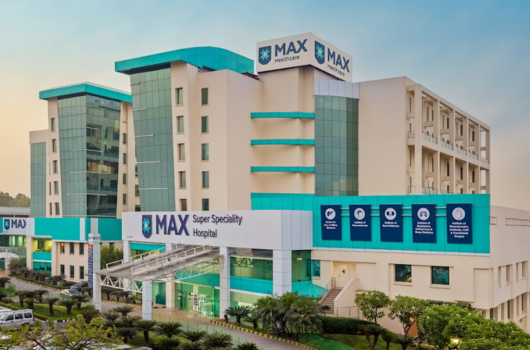
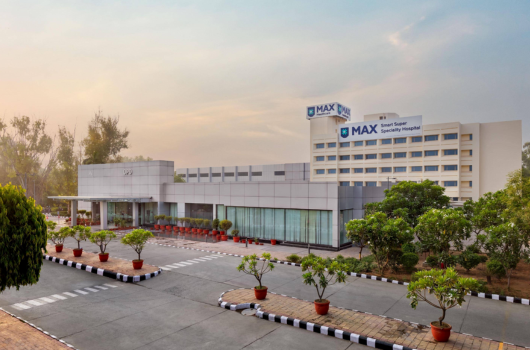
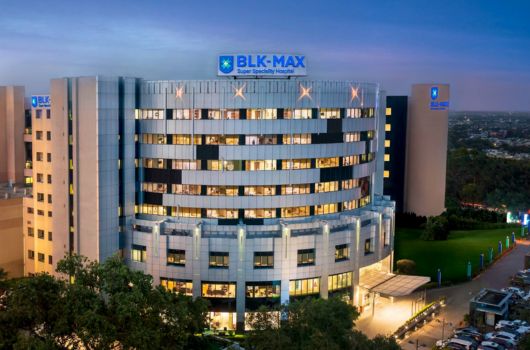
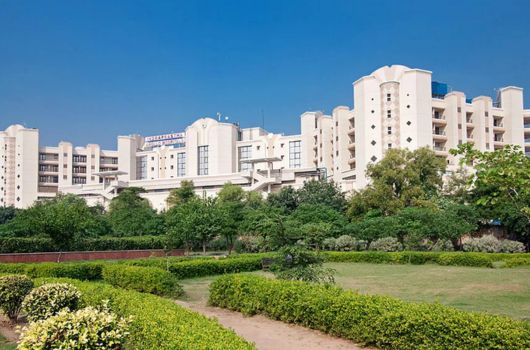


.jpg)
.jpg)
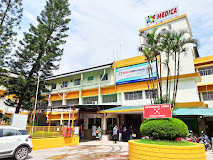
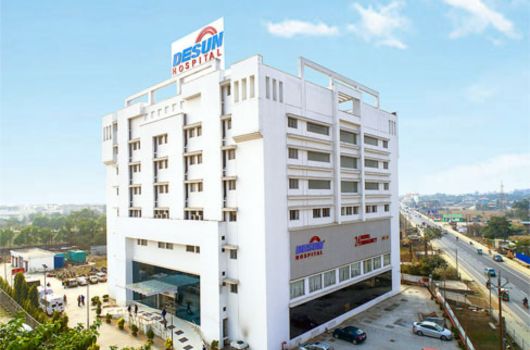

.jpg)

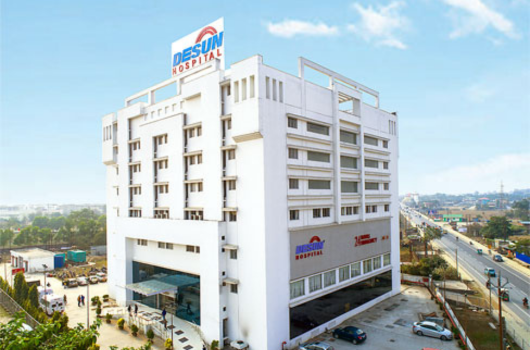
.png)
.png)



These hospitals follow global hypertension and heart care guidelines and provide full support for Bangladeshi patients through Bangla Health Connect.
The average cost of blood pressure treatment ranges from $20 to $240 in India and between $100 and $250 in Thailand. The final cost may vary based on multiple factors such as the treatment type, hospital location, and overall health condition. Before viewing the detailed table of treatment-wise costs, it’s helpful to understand what influences these expenses most.
Note: India is widely recognised as a cost-effective destination for hypertension management. Hospitals provide a balance of affordability and effective outcomes, supported by experienced specialists and the availability of essential medicines at lower costs.
Note: Thailand hospitals often position themselves as premium centres for international patients. The higher charges include advanced imported drugs, luxury facilities, and comprehensive patient service packages.
The costs listed are approximate and may vary based on hospital, location, and patient needs. Consult the healthcare provider for accurate and updated information.
The currency conversion rates in the table above are based on data from October 2025.
For more help on cost estimates and personalised guidance, contact Bangla Health Connect.
The success of blood pressure treatment depends on early detection and consistent adherence to therapy.
Success in blood pressure management means:
Top hospitals focus on early detection, accurate diagnosis, and holistic management of blood pressure-related conditions. Their approach includes:
By combining advanced technology, skilled specialists, and patient-centred care, these hospitals have significantly improved outcomes and quality of life for people living with high or low blood pressure.
.jpg)
Dr. Srinivasan Paramasivam, Senior Consultant Neurosurgeon at Apollo Hospitals, Chennai, explains that uncontrolled blood pressure is a leading cause of stroke, especially when combined with conditions like diabetes and high cholesterol. Over time, cholesterol plaques build up in stiffened blood vessels, eventually rupturing and causing a stroke. He emphasises that early blood pressure control is crucial, as it helps prevent strokes and reduces complications if a stroke does occur.
Bangla Health Connect helps Bangladeshi patients access safe and effective blood pressure care worldwide. Our team partners with leading hospitals to make every step from doctor consultations to travel and cost planning simple and stress-free.
Choosing hospitals through Bangla Health Connect gives you access to world-class care with complete support and peace of mind. We’re here to help you every step of the way.
Note: Bangla Health Connect does not provide medical advice of any kind.
✅ Share Your Reports - Bangla Health Connect connects you with trusted hospitals worldwide.
✅ Get treatment plans from leading Hospitals worldwide
✅ Choose the one that fits you
✅ Let us handle the rest
High blood pressure symptoms include headaches, chest pain, breathlessness, and blurred vision. Low blood pressure symptoms include dizziness, fainting, cold sweat, and tiredness. If these signs appear often, checking blood pressure quickly is important.
Sit quietly, take deep breaths, drink water, loosen tight clothing, and avoid smoking or caffeine. If pressure stays high, medical advice is needed even after trying these steps. These steps may provide temporary relief but are not a substitute for medical treatment. Always seek medical help if your blood pressure remains high or you feel unwell.
Eating garlic, drinking hibiscus tea, having bananas, or trying beetroot juice can help lower pressure naturally. These steps may help, but do not replace a doctor's treatment. Home remedies should complement, not replace, prescribed treatment. Consult your doctor before trying any natural or dietary remedies.
Follow a balanced diet, exercise daily, reduce stress, limit salt and alcohol, take medicines if prescribed, and check blood pressure regularly. These habits protect the heart and prevent future risks. Lifestyle changes and medication plans should be tailored to your health needs. Please follow your doctor’s guidance for safe and effective blood pressure control.
Yes, but rarely. If blood flow to the heart drops too much, it can cause a heart attack. Severe low pressure after injury or shock needs urgent medical care. Always seek immediate medical care if you experience dizziness, fainting, or chest pain.
The device is called a sphygmomanometer. Most people today also use digital blood pressure monitors for easy readings at home.
If you have repeated headaches, dizziness, fainting, chest pain, or very high or low readings, you should see a doctor without delay. Bangla Health Connect can help you book an appointment easily with expert doctors.

